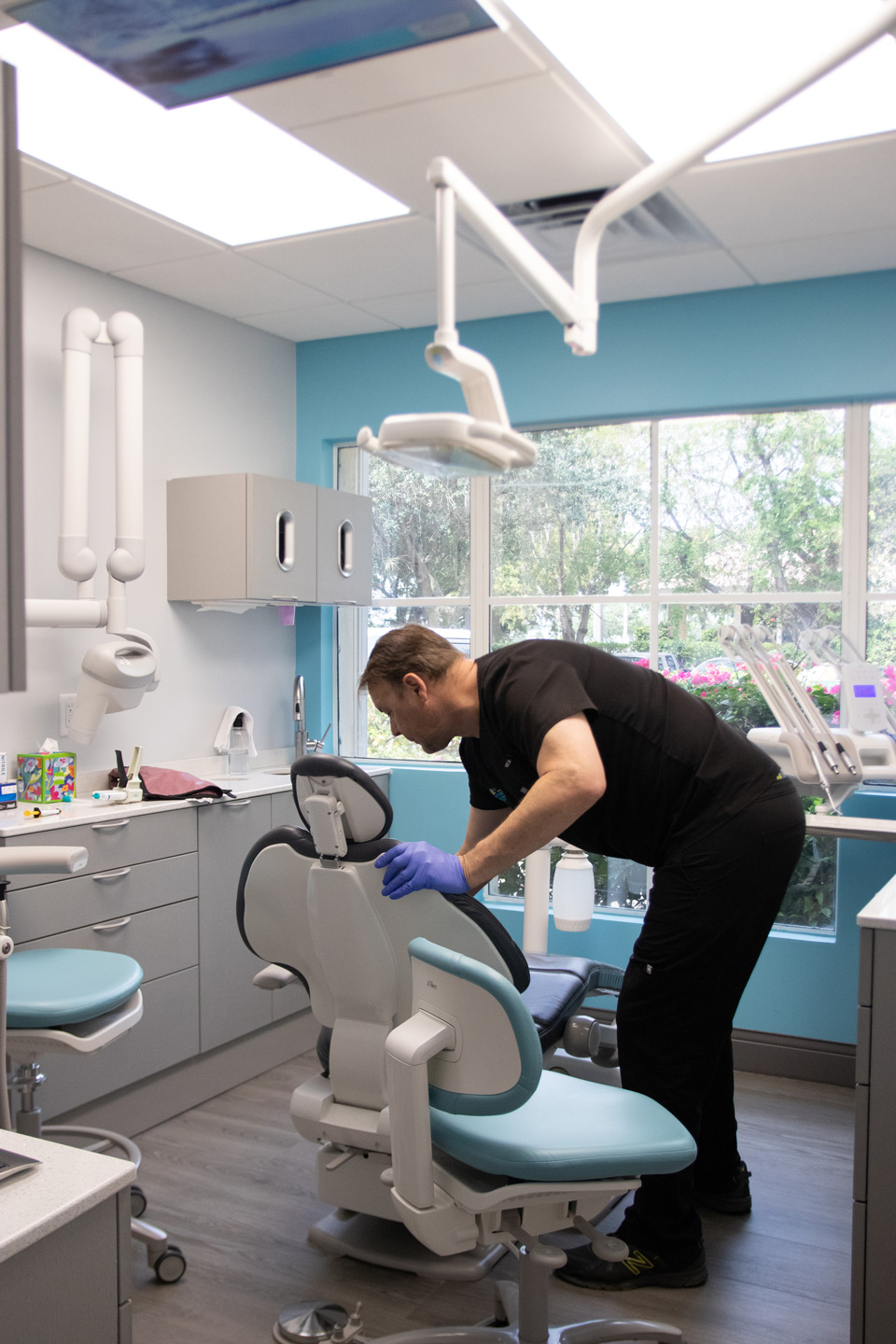Boost Your Dental Visual Appeals with Costs Dental Veneers in Washington DC
Boost Your Dental Visual Appeals with Costs Dental Veneers in Washington DC
Blog Article
Common Questions Concerning Oral Veneers Responded To
Oral veneers have become an increasingly sought-after choice for those aiming to enhance their smiles, yet lots of individuals continue to be unpredictable concerning numerous facets of their usage. Secret concerns often occur concerning the application procedure, durability, and prospective risks linked with these aesthetic enhancements. Furthermore, the difference between porcelain and composite veneers can significantly affect one's option. As we check out these common questions, it becomes vital to think about not only the advantages but additionally the implications of going with dental veneers in search of a much more confident look. What factors should one consider before making such a choice?
What Are Oral Veneers?
Oral veneers are slim, customized coverings crafted from porcelain or composite material that are made to cover the front surface area of teeth. These dental prosthetics offer both practical and visual objectives, providing a service for various oral blemishes, consisting of discoloration, chips, gaps, and misalignment. By adhering to the teeth, veneers can substantially boost the total appearance of a smile, creating a much more consistent and appealing appearance.
Porcelain veneers are especially favored for their natural translucency and tarnish resistance, making them an optimal selection for individuals seeking lasting outcomes. On the other hand, composite resin veneers are typically more economical and can be used in a solitary go to, but they may not provide the exact same longevity as porcelain options.
The decision to select dental veneers commonly originates from a need for aesthetic improvement, but clients must likewise take into consideration variables such as the long life of the product, upkeep requirements, and the prospective need for tooth decrease (Veneers). Eventually, oral veneers represent a flexible and effective service for achieving a glowing smile, satisfying individual aesthetic demands while advertising self-confidence and self-confidence
Exactly How Are Veneers Applied?
The application process for veneers requires careful planning and precision to ensure optimum outcomes. The procedure normally begins with an extensive assessment, where the dental practitioner evaluates the client's dental wellness, reviews preferred outcomes, and determines the ideal kind of veneers, whether porcelain or composite resin.
Once the treatment plan is developed, the dental expert prepares the teeth by removing a slim layer of enamel, normally about 0.5 mm to 1 mm, to suit the veneer. This step is essential as it makes certain a proper fit and prevents the veneers from showing up bulky - Veneers. After prep work, perceptions of the teeth are required to produce custom veneers that match the individual's distinct oral structure and visual preferences
While the long-term veneers are being made in an oral laboratory, momentary veneers might be placed to safeguard the ready teeth. Once the long-term veneers are prepared, the dental practitioner will thoroughly bond them to the teeth utilizing a solid oral adhesive.
What Are the Conveniences?

Moreover, veneers are recognized for their durability and resistance to tarnishing compared to natural teeth. Made from high-grade materials such as porcelain or composite material, they can preserve their look for years with appropriate treatment. This durability makes them a practical investment in one's dental look.
Along with aesthetic improvements, veneers can also contribute to boosted oral health. By covering harmed or compromised teeth, they can supply added support and protection, assisting to avoid more degeneration or deterioration. This protective element can lower the need for more comprehensive dental procedures in the future.

For How Long Do They Last?
With correct care and maintenance, oral veneers can last anywhere from 10 to 15 years, making them a durable service for improving one's smile. The long life of veneers mostly depends upon the product made use of, the quality of the preliminary positioning, and the person's adherence to oral hygiene methods.
Porcelain veneers are recognized for their resilience and resistance to staining, commonly lasting closer to the 15-year mark when cared for appropriately. Compound veneers, while more cost effective, might require replacement quicker, typically within 5 to one decade as a result of their sensitivity to put on and discoloration.

Additionally, using a mouthguard throughout sports or nighttime can supply added protection. Eventually, while veneers offer a substantial aesthetic enhancement, their durability is dramatically influenced by the commitment to appropriate oral treatment and regular assessments with a dental expert.
Exist Any Risks?
Taking into consideration the transformative effects of dental veneers, it is essential to recognize the possible threats find here connected with their application. While veneers can enhance the appearance of teeth, the procedure involves the removal of a thin layer of enamel, which can enhance tooth level of sensitivity and susceptability to decay.
One considerable danger is the opportunity of incorrect placement or fitting, resulting in discomfort, bite misalignment, or perhaps damage to the underlying tooth structure. Additionally, if the veneers are not maintained correctly, they can become stained or chipped with time, demanding substitute.
Individuals may likewise experience allergies to the products made use of in the veneers, especially if they have sensitivities to specific dental compounds. While veneers are long lasting, they are not unbreakable; excessive pressure from grinding or clenching can lead to cracks.
It is important for patients to talk to a qualified oral professional to examine their individual dangers and to follow aftercare guidelines carefully. By understanding these risks, people can make educated choices concerning their oral veneer treatment and make sure the longevity and success of their enhancements.
Final Thought
In summary, oral veneers stand for a valuable cosmetic remedy for boosting smiles, with factors to consider regarding their application, benefits, longevity, and connected threats. Their efficiency is affected by elements such as the selection of material, with porcelain offering premium toughness compared to composite choices. Proper treatment and upkeep are necessary to make best use of the life expectancy of veneers. Inevitably, informed decision-making pertaining to dental veneers can cause satisfactory aesthetic end results and improved dental wellness.
Oral veneers are slim, custom-made shells crafted from porcelain or composite resin that are developed to cover the front surface of teeth. After prep work, impacts of the teeth are taken to develop custom veneers that match the patient's distinct dental structure and aesthetic preferences.
While the long-term veneers he has a good point are being produced in an oral research laboratory, temporary veneers may be placed to protect the prepared teeth. When the long-term veneers are prepared, the dentist will carefully bond them to the teeth using a strong oral adhesive. Inevitably, educated decision-making pertaining to oral veneers can lead to sufficient visual end results and boosted oral health and wellness.
Report this page